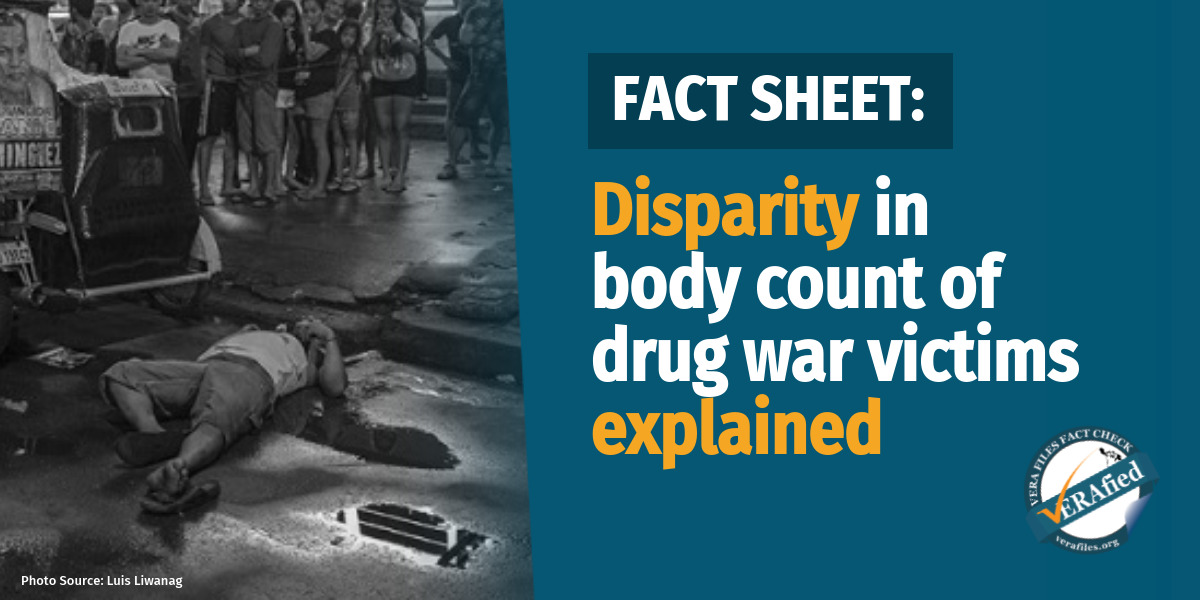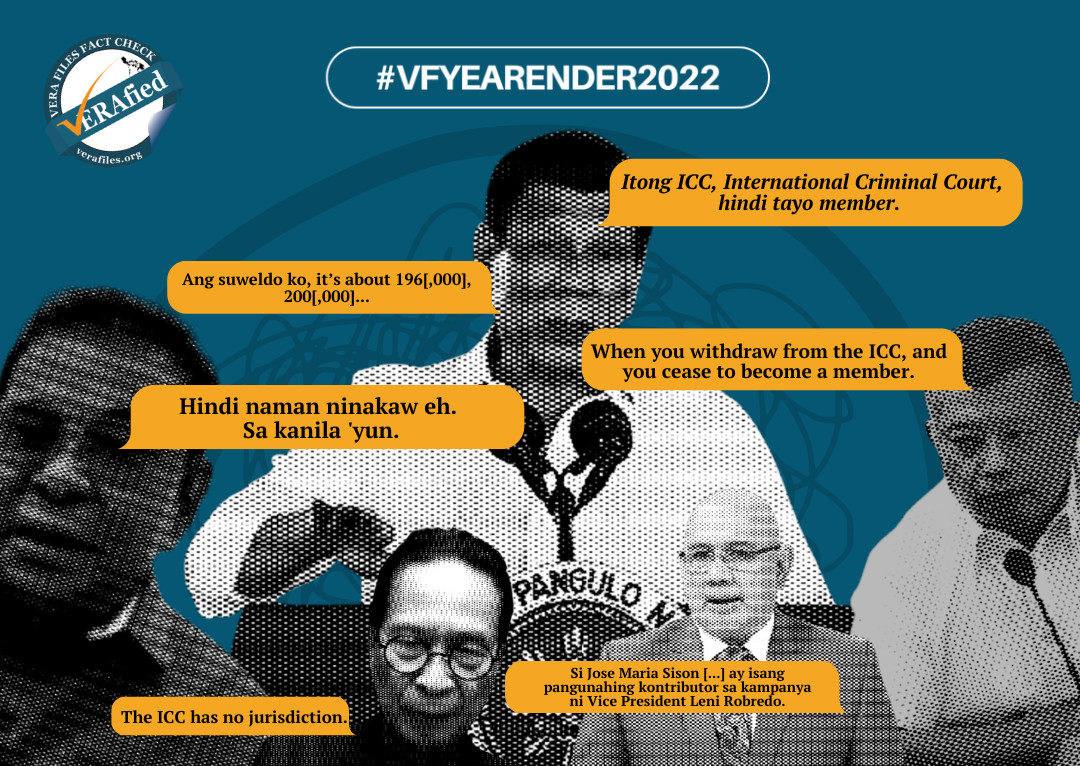From the time he assumed the presidency in 2016 until now that he is about to finish his six-year term, President Rodrigo Duterte has consistently criticized the party-list system, saying it has been abused, particularly by rich politicians, who have managed to stay in power through this mechanism.
He spoke twice recently about his wish for the abolition of the party-list provision in the 1987 Constitution. In the March 30 episode of “Talk to the People,” Duterte said the communist movement managed to infiltrate Congress through the party-list system.
He mentioned party-list groups Kabataan, Anakpawis, Bayan Muna, Alyansa of Concerned Teachers and Gabriela that have been espousing the advocacies of the left in the legislature.
The 1987 Constitution instituted the party-list system to ensure that 20% of seats in the House of Representatives are occupied by marginalized and underrepresented groups like the urban poor or indigenous communities.
Party-list groups are voted nationally. Each group has a list of five nominees that will occupy the reserved party-list seats in the House, depending on the percentage of votes the party-list gets during the election. In the May 9 elections, 177 party-list groups are vying for 63 House seats.
Addressing a crowd in Mataasnakahoy, Batangas, where he visited an evacuation center, Duterte said: “Lahat ng mga mayaman, buong Pilipinas, lahat ng mga milyonaryo may party-list, agawan sila ng party-list. Iyong ibang walang party-list, binibili nila (All the rich people, across the Philippines, all the millionaires have party-list, they fight over it. Those who don’t have party-list, they buy).”
These are basically the same sentiments he expressed during the early months of his administration. “Kapag bago ang (If we have a new) Constitution, I will insist, ‘no party-list.’ Inabuso lahat ‘yan (They’ve all abused it),” he said in July 2016 during a visit to a military camp in Asuncion, Davao del Norte.
The party-list system, he said, was a mockery of the law, citing how a rich person can get a Congress seat to represent security guards.
“Kasi ito ‘yung pera, kahit ano diyan mabili mo, United Idiots Association. Tatakbo. Nagkalat kayo diyan (Because they can buy anything with their money, United Idiots Association. Then they will run. They are all over the place),” Duterte said almost six years ago.
Moving forward to April 4, 2022, the situation remains the same. Duterte observed: So ‘pag election, sila ‘yung may pera, sila ‘yung mananalo. So nakita mo ‘yung party-list ngayon, mga asawa, mga anak… (During elections, they have the money, they will win. So, look at the party-list now, spouses, children…).”
He went on to say: “Isang member of Congress mayroon rin siyang party-list. So nandoon ‘yung asawa niya, probably ang anak niya after this election (A member of Congress has a party-list. The spouse is there, probably a child [will succeed] after this election).”
Duterte’s observations jibe with the findings of election watchdog Kontra Daya that the party-list system does not serve the purpose for which it was instituted in the 1987 Constitution. It was intended as a mechanism for proportional representation in the legislature for the marginalized and underprivileged sectors.
Political families have found a way to either perpetuate themselves in power or get additional seats in the legislature by fielding candidates in both the district and the party-list elections.
Mikey Arroyo, the son of former president Gloria Macapagal Arroyo, once served as the representative of Ang Galing Pinoy party-list, which claims to represent security guards, tricycle drivers, farmers and small businessmen. Arroyo was among the wealthiest party-list lawmakers in the 15th Congress. He is now a congressman representing Pampanga’s second district, the post previously occupied by his mother.
In Isabela province, the Albanos have Antonio “Tonypet” representing the first district, and his father, Rodolfo Jr., occupying a House seat for the LPGMA party-list. The elder Albano, who had served as vice governor, governor and district congressman, died at 85 in November 2019. Tonypet’s brother, Rodolfo “Rodito” 3rd, is the incumbent governor.
These situations are replicated in many areas across the country where political families have taken control of the party-list representation that are supposed to be reserved for the marginalized sectors.
Lately, however, Duterte’s dislike of the party-list system appears more against the broadening representation of the militant groups than the deepening control of the influential political families.
While he criticizes the rich political families perpetuating themselves in power through the party-list system, Duterte does not go against political dynasties. He is even proud that three of his children are vying for different positions in the upcoming elections: daughter Sara for vice president, son Paolo as reelectionist congressman and another son Sebastian for mayor of Davao City.
From 2016 to 2022, Duterte is singing the same tune against the party-list system. He could have pressed harder for it when his allies were pushing for amendments to the Constitution in the earlier years of his administration.
It’s useless talking about it now when he is already a lame duck. If his allies did not listen to him when he was still feared and had public funds to dispose of, who would heed his call now that he has barely 12 weeks in office?
The views in this column are those of the author and do not necessarily reflect the views of VERA Files.
This column also appeared in The Manila Times.




